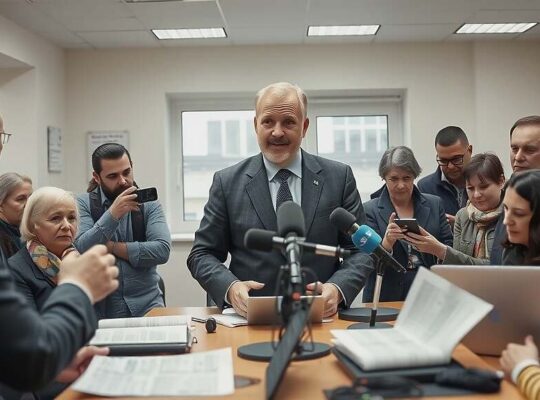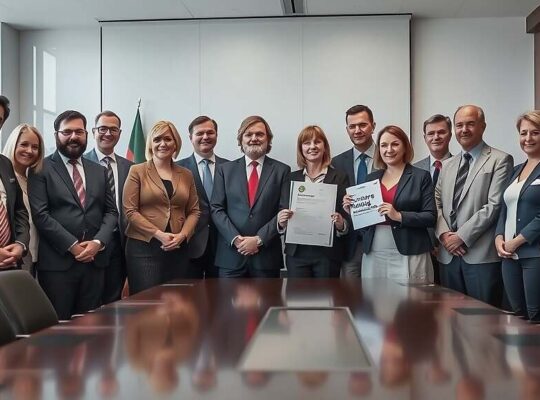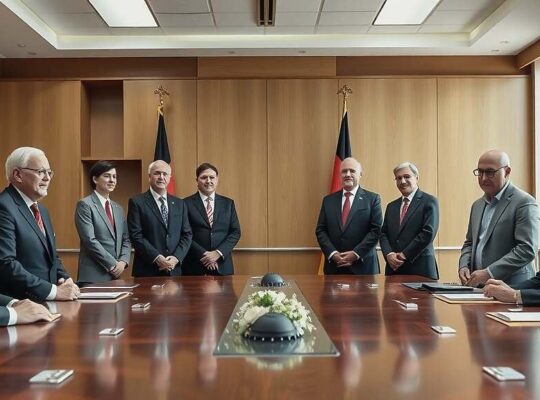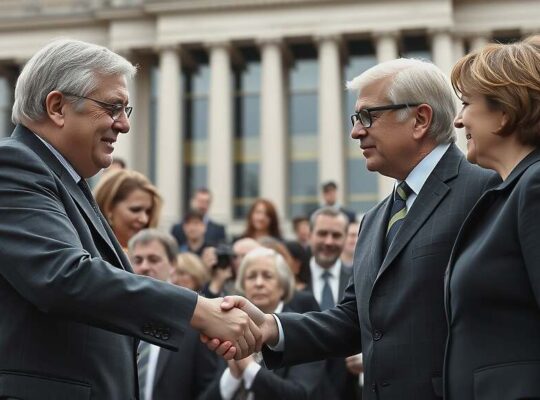The call for increased financial support for local municipalities has intensified in Germany, with the President of the German Association of Cities and Municipalities, Ralph Spiegler, arguing that a lack of resources is actively hindering urban renewal and exacerbating social issues. In an interview with the Rheinische Post, Spiegler highlighted a critical disconnect between current municipal budgets and the substantial investments needed to address decades of urban planning missteps.
The core of Spiegler’s argument centers on the legacy of 1960s and 1970s city planning, where urban spaces were largely designed to prioritize automobile traffic. He argues that a necessary and urgent reimagining of these spaces is required, shifting the focus towards pedestrian-friendly environments and increased green spaces. This recalibration, however, demands significant capital expenditure that currently lies beyond the reach of many local governments.
Beyond aesthetic concerns, Spiegler emphasized the crucial link between urban design and perceived safety. He pinpointed areas like underpasses and poorly lit spaces as contributing to a diminished sense of security among residents. While acknowledging the need for robust crime prevention strategies, Spiegler pointedly questioned the efficacy of purely reactive measures. He proposed increased police and municipal officer presence, alongside strategically placed CCTV surveillance in known crime hotspots, but also stressed that these interventions are stopgap solutions without broader investment in reshaping the urban fabric.
The plea reflects a growing political debate surrounding the distribution of financial resources within Germany, with municipalities increasingly vocal about their struggles to provide essential services and implement vital infrastructure projects. Critics argue that the current system, heavily reliant on federal and state funding, places an undue burden on local decision-making and limits the ability of municipalities to address their specific needs, particularly in the crucial area of urban revitalization and public safety. The call from Spiegler is likely to fuel further scrutiny of the current allocation model and invigorate the push for greater financial autonomy for Germany’s cities and towns.












